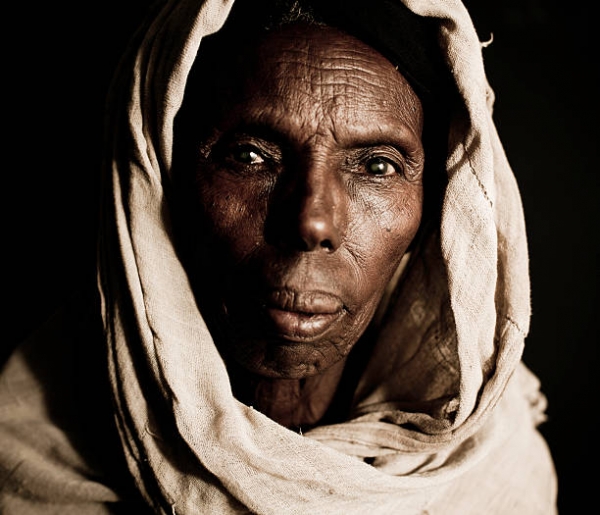Ethiopia’s Tigray conflict, which broke out last November, has been marked by harsh attacks on civilians, with an alarming rate of rape and other forms of sexual violence. The exploitation of internally displaced women and female refugees, together with poor access to health, social welfare and justice services, has raised grave concern in the international community.
Against this background, the International Rescue Committee (ICR), a global humanitarian aid, relief and non-governmental development organization based in New York City, recently published a short report titled “Tigray Gender Analysis Key Findings.” Its objective is to analyse the conflict’s impact on women and girls to ensure that humanitarian aid and emergency measures take into account the affected female population’s specific needs.
Based on information and data collected between late February and early April 2021, the report’s key findings focus on three main spheres: women’s access to food, the effects of gender-based violence, and access to health care. The lack of food and scarce economic possibilities are having dramatic effects on women’s physical and mental well-being. It has been reported that in order to cope with food insecurity, female refugees, especially single, divorced or widowed women heads of household, are exchanging sex for small amounts of cash, receiving 1.25 dollars for sexually exploitative relationships. This practice, which the crisis has triggered, is particularly common in refugee-populated areas, such as Bada or the Mai-Aini refugee camp. Furthermore, the exploitation is increasing because of the scarcity of food resources, the disintegration of women’s communitarian and social support networks that limits their access to livelihoods, the increased loss of traditional forms of livelihoods and gender-related inequalities. Yet, sexual exploitation as a survival necessity is just one phenomenon exacerbating the ill-treatment of women’s bodies, since different forms of sexual violence are a further threat.
As the ICR’s report indicates, gender-based violence – sexual harassment, assault and rape – is still ongoing in the area of conflict. Various factors contribute to this, such as the malfunction of accountability mechanisms, increased exposure to and normalisation of violence, economic uncertainty and lack of economic alternatives for women to meet basic needs. Moreover, the scarce reporting by NGOs and media could result in neglect of their dire, dramatic circumstances due to the lack of condemning statements. In addition, the deterioration of affected women’s physical and mental health is increasing because of the limited services for survivors, including medical assistance, psychosocial support and safe spaces.
Indeed, regarding access to health care, the report’s findings show that the health-care sector has been deprived of both experienced personnel and adequate facilities and services. For example, there are no clear and secure reporting mechanisms, and survivors fear repercussions if they report incidents of sexual violence. As a result, those who perpetrate sexual violence are difficult to prosecute. In addition, women tend not to report instances of sexual violence for fear of being ostracised in the community. Many of them said that, as they currently have more pressing issues such as food and water security, reporting sexual violence is not a priority.
To know more please read:
reliefweb.int/sites/reliefweb.int/files/resources/irctigraygenderanalysiskeyfindingsmay.pdf
news.un.org/en/story/2021/05/1092992
Author: Laura Manzi; Editor: Andrew Goodell




